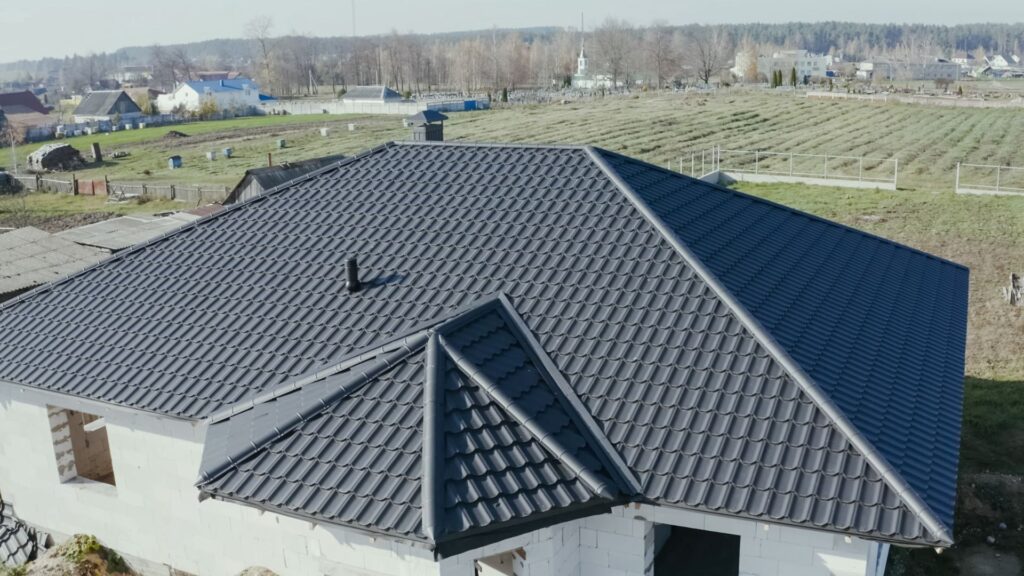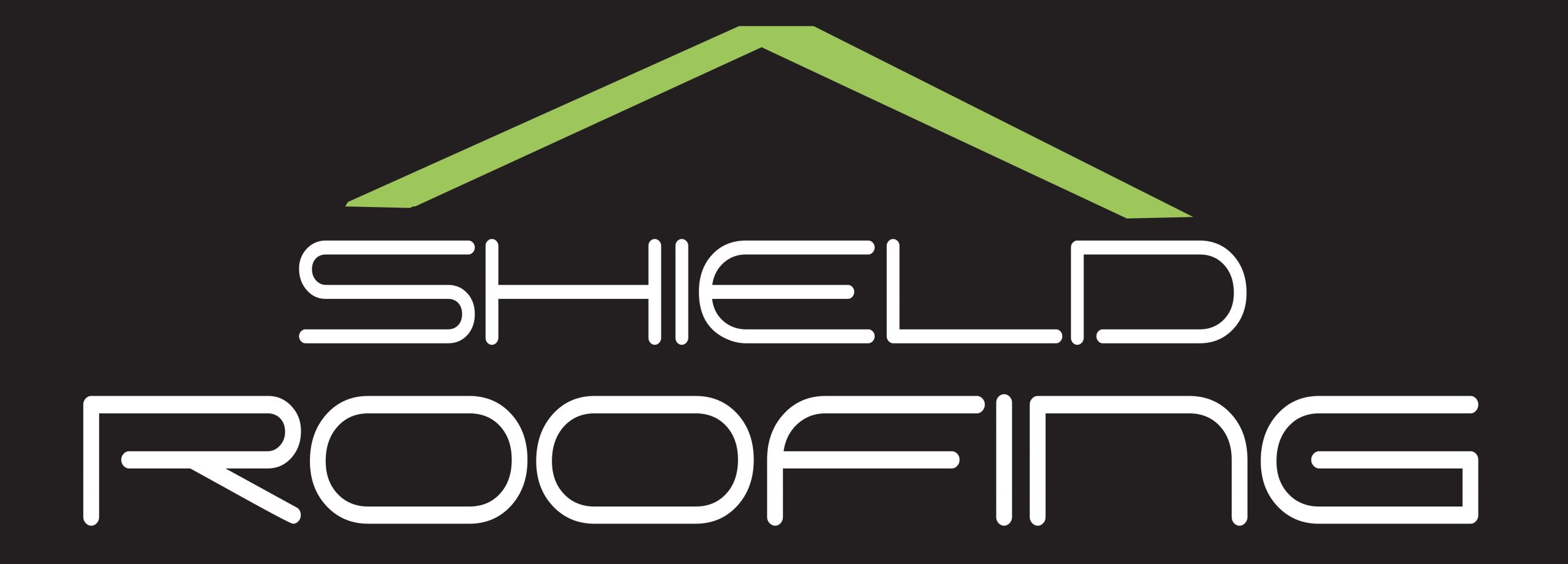Understanding the intricacies of roof warranties is crucial for homeowners seeking to protect their investment and ensure their home’s safety and durability. A roof warranty can serve as a homeowner’s safeguard against unexpected defects and installation errors, but the terms and coverage can vary significantly. This comprehensive guide aims to demystify roof warranties, helping homeowners to know what to expect and how to ensure they are adequately protected.
Types of Roof Warranties

The first step in understanding roof warranties is distinguishing between the primary types available: Manufacturer’s Warranty, Workmanship Warranty, and Extended Manufacturer Warranties. Manufacturer’s warranties generally cover defects in roofing materials that could lead to premature failure. These are offered by the manufacturers and can vary in length and terms. Workmanship warranties, on the other hand, are provided by roofing contractors and cover installation errors. The quality of installation is critical to roof performance, making this warranty equally important. Extended Manufacturer Warranties might combine both materials and labor, offering comprehensive coverage through certified contractors. Homeowners should assess which type of warranty offers the best protection for their specific needs.
Knowing the differences between these warranties allows homeowners to make informed decisions when selecting roofing materials and contractors. For instance, a Manufacturer’s Warranty might offer 20 to 50 years of protection against material defects, while a Workmanship Warranty could cover 5 to 10 years of installation quality. Extended warranties require a certified installer to be eligible, emphasizing the need for choosing a reputable contractor for the installation. Each warranty type has its advantages, and understanding these can significantly impact the long-term protection and maintenance of your roof.
What Roof Warranties Cover
The coverage details of roof warranties can be complex, encompassing materials, labor, and specific exclusions. Materials coverage typically includes manufacturing defects that may cause the roof to fail prematurely, while labor warranties protect against mistakes made during the roof’s installation. However, exclusions are equally important to understand. Common exclusions include damage from natural disasters, improper maintenance, or unauthorized modifications and repairs. Homeowners should be particularly cautious of these exclusions as they can void the warranty or lead to denied claims.
Understanding these limitations is crucial for maintaining warranty protection. For example, a warranty might not cover damages resulting from foot traffic on the roof or the installation of satellite dishes without proper precautions. Regular maintenance and adherence to the manufacturer’s guidelines are essential for keeping the warranty valid. This section of roof warranties underscores the need for homeowners to thoroughly review their warranty documents and adhere strictly to the outlined terms and conditions.
The Importance of Proper Installation
The longevity of your roof and the validity of your warranty heavily depend on the quality of the installation. An improperly installed roof can lead to numerous problems, including leaks, structural damage, and ultimately, premature failure. This reality highlights the critical importance of selecting a reputable and experienced roofing contractor who can guarantee a high-quality installation. Certified contractors who are often eligible to offer extended manufacturer warranties can provide additional peace of mind through their adherence to strict installation standards.
Choosing the right contractor involves researching their credentials, experience, and reputation. Look for contractors who are licensed, insured, and have a track record of successful installations. Shield Roofing, for example, stands behind its work with a solid workmanship warranty, ensuring homeowners that their roof installation meets the highest industry standards. Proper installation not only secures your investment but also maximizes the roof’s lifespan and effectiveness.
How to Choose the Right Warranty
Choosing the right warranty requires homeowners to assess their specific needs, considering factors such as local weather conditions, the roofing material’s expected lifespan, and their long-term plans for the property. Understanding the terms and conditions of each warranty option is also crucial. Homeowners should take the time to read and comprehend the fine print of warranty documents, paying close attention to coverage limitations, claim filing procedures, and maintenance requirements.
When evaluating warranty options, consider the credibility and track record of the manufacturers and contractors offering them. A warranty is only as reliable as the company standing behind it. Extended warranties offered by manufacturers through certified contractors, like those partnered with Shield Roofing, often provide the most comprehensive coverage, combining material and labor protection. Understanding these aspects will enable homeowners to select a warranty that offers the best protection for their investment.
Maintaining Your Warranty
Regular maintenance is key to preserving your roof warranty. Many warranty agreements require homeowners to conduct periodic inspections and maintenance to remain valid. This could include cleaning gutters, removing debris, and addressing minor repairs promptly. Homeowners should also keep detailed records of all maintenance activities, repairs, and any communications with the roofing contractor or manufacturer regarding the roof. These records can be invaluable in the event of a warranty claim, providing documented evidence of proper maintenance and adherence to warranty terms.
Documentation and record-keeping extend beyond maintenance activities. Keeping a copy of your original warranty, the contract with your roofing contractor, and any receipts or invoices related to roofing work can support your position in warranty claims. Should a problem arise that falls under warranty coverage, having comprehensive records will facilitate the claims process and help ensure a favorable outcome.
Making a Warranty Claim
Making a warranty claim can be a straightforward process if you’re prepared and understand the steps involved. Initially, you should contact the warranty provider—whether the manufacturer for material defects or the contractor for workmanship issues—promptly upon discovering a problem. Provide detailed information about the issue, including when it was first noticed and any relevant maintenance or repair history. Being organized and having your documentation readily available, including your warranty agreement and records of maintenance and repairs, will expedite the process.
Following the initial contact, adhere closely to the instructions given by the warranty provider for filing your claim. This may include completing specific forms, providing photos of the damage, or arranging for an inspection. Throughout the claim process, maintain open lines of communication with the provider, and don’t hesitate to follow up regularly to check on the status of your claim. Avoid common pitfalls like unauthorized repairs or delayed reporting, as these can affect the outcome of your claim or potentially void your warranty.
Understanding the nuances of roof warranties is essential for homeowners looking to protect their investment and ensure the longevity and performance of their roof. By familiarizing yourself with the types of warranties available, what they cover, and the importance of proper installation and maintenance, you can make informed decisions that safeguard your home. Remember, a warranty is only as reliable as the company backing it, making the choice of roofing materials and contractors critical.
Shield Roofing is committed to providing homeowners with quality roofing solutions backed by comprehensive warranties. Our team of professionals is here to guide you through selecting the right warranty, ensuring proper installation, and maintaining your roof to uphold warranty standards. With Shield Roofing, you can enjoy peace of mind knowing your roof is in expert hands.If you’re considering a new roof installation or have questions about roof warranties, reach out to Shield Roofing. Our experienced team is ready to provide you with the information and support you need to make the best choices for your home. Contact us today to learn more about our services and how we can help you navigate the complexities of roof warranties

